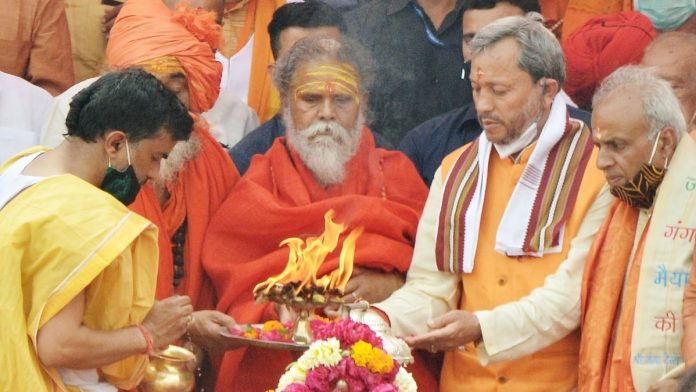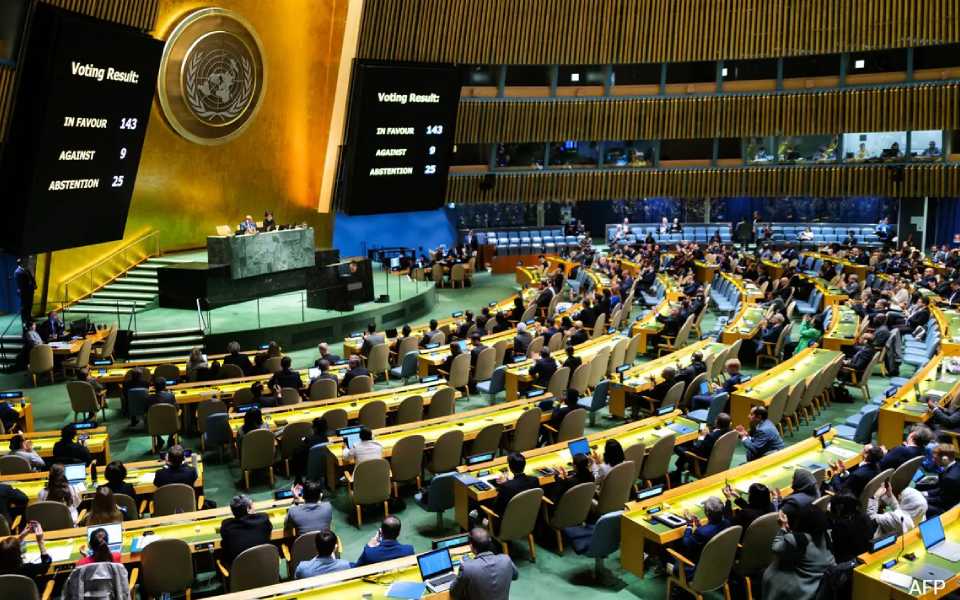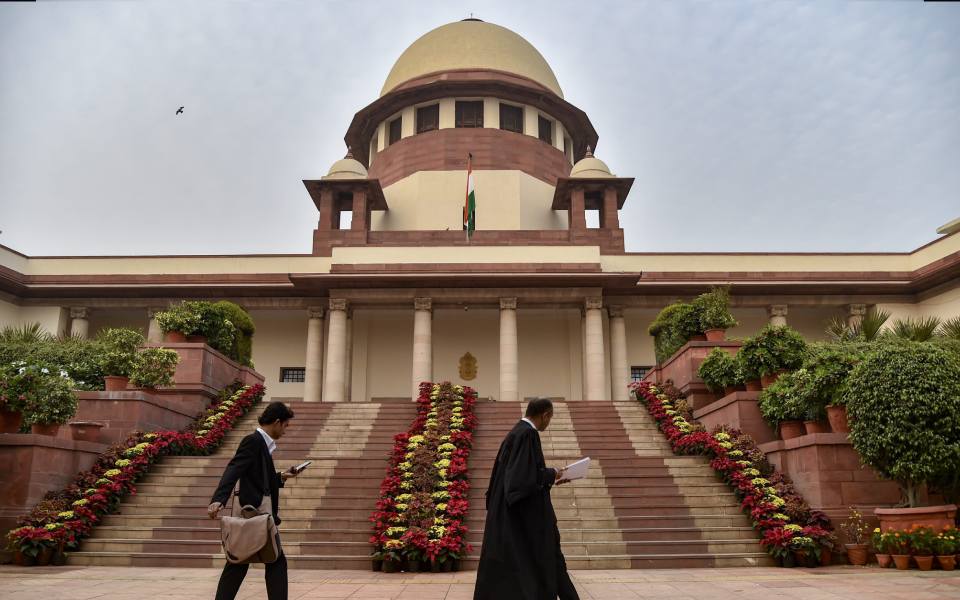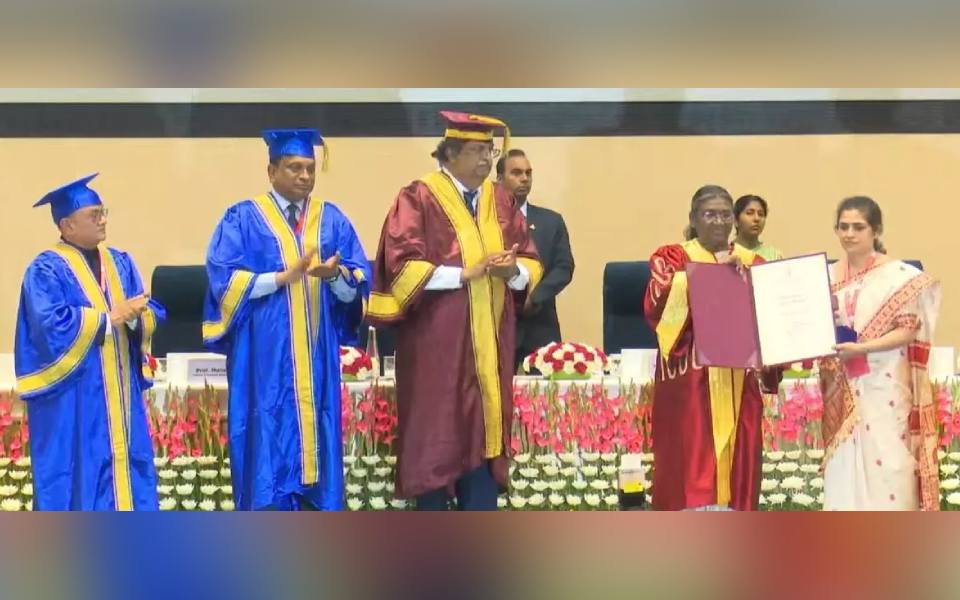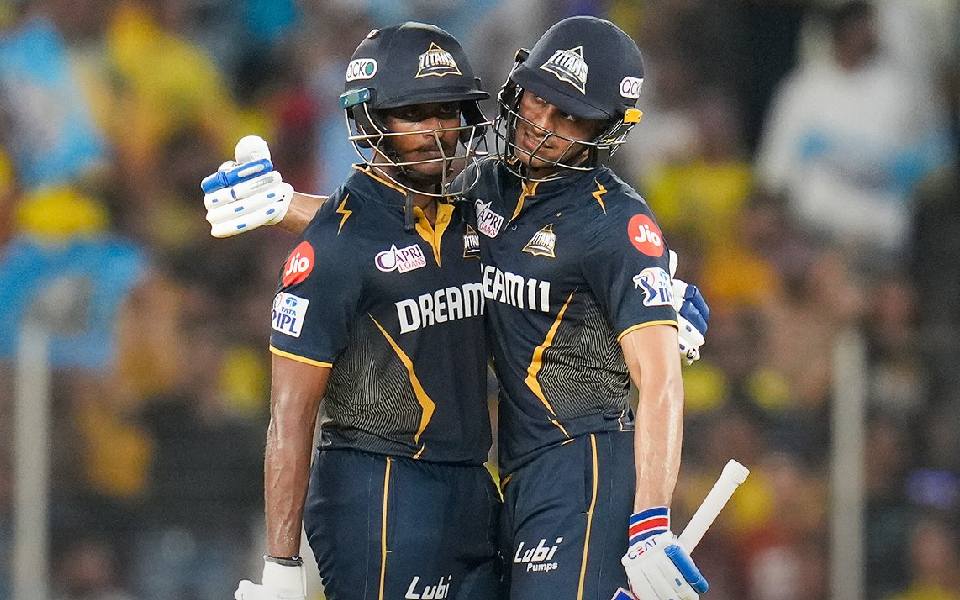This report was first published in theprint.in and has been posted here without any alterations or editing. To read the original report, CLICK HERE
New Delhi: Uttarakhand Chief Minister Tirath Singh Rawat is likely to resign at the prodding of the BJP high command, which, sources said, has taken into account assessments that Rawat may lose the assembly bypoll if he contests, which would then have a very adverse impact on the party’s prospects in assembly elections early next year.
Party leaders, however, maintained for the record that Rawat was resigning because there is no clarity on whether the Election Commission would hold bypolls on time.
Rawat is facing Constitutional issues regarding his elevation — the chief minister is a Lok Sabha MP and has to get elected to the state assembly before 10 September to retain his post.
He had met BJP president J.P. Nadda Friday, for the second time in three days, to discuss the political crisis and his election to the state assembly before 10 September.
Sources in the BJP told ThePrint that the chief minister would soon meet the Uttarakhand governor. “He is likely to resign as there is no clarity on bypolls,” said a source. “Due to the constitutional crisis, the party had to take this decision to change the chief minister. The legislature party meeting will be held soon to select the next chief minister.”
The source said the next chief minister will be chosen from among the MLAs.
A CM under Constitutional pressure
Rawat, who replaced Trivendra Singh Rawat as chief minister of the hill state on 10 March, is the Lok Sabha MP from Pauri Garhwal. He is yet to resign.
But to continue as chief minister under Constitutional norms, he will have to resign from the Lok Sabha and get elected to the state Vidhan Sabha by 10 September.
Since Uttarakhand does not have a legislative council, the chief minister can only get elected to the state assembly.
Rawat’s problems have been compounded by the lack of clarity on whether the Election Commission will conduct bypolls at Gangotri and Haldwani, which have been lying vacant since April and June this year, respectively.
Sources said that the BJP high command is also not confident that Tirath Singh Rawat will be able to win the election. “If that happens, it has the ability to impact the UP elections too,” said a BJP leader.
‘Will go with what party decides’
Speaking to reporters in Delhi, Rawat said that he will abide by whatever his party’s central leadership decides. He was speaking after his meeting with Nadda, which lasted for around 30 minutes Friday.
“After the meeting with the central leadership, the indications are that it will be difficult for the chief minister to continue,” said a second BJP leader. “At the same time, the anti-Rawat gang is also using the opportunity to scuttle his chances.”
Rawat had also met Nadda and Union Home Minister Amit Shah late Wednesday night. Sources said that issues regarding his continuance as chief minister were discussed at the meeting.
“During the Wednesday meeting, which took place at Home Minister Amit Shah’s residence, all the possible scenarios were discussed,” a third BJP leader said.
The leader added that it was explained to Rawat that it would be difficult to hold bypolls, given that there is a caveat in the Representation of the People Act, which stipulates that bypolls for a seat should be held if the incumbent elected has at least a year’s tenure to serve.
Assembly elections in Uttarakhand are less than a year away — the term of the current assembly, elected in 2017, will expire on 23 March 2022.
BJP national general secretary and Uttarakhand in-charge, Dushyant Gautam, told ThePrint that there was no discussion of the Uttarakhand by-polls at the party level. “If there is anything you will get to know. Right now there’s no such discussion,” he said.
Even as the party refuses to speak on the issue, sources said that the central leadership has called senior Uttarakhand leaders Satpal Maharaj and Dhan Singh Rawat to Delhi.
(Edited by Arun Prashanth)
Courtesy: theprint.in
Let the Truth be known. If you read VB and like VB, please be a VB Supporter and Help us deliver the Truth to one and all.
United Nations, May 10: India on Friday voted in favour of a draft UN General Assembly resolution that said Palestine is qualified and should be admitted as full member of the United Nations and recommended that the Security Council “reconsider" the matter “favourably”.
The 193-member General Assembly met in the morning for an emergency special session where the Arab Group resolution ‘Admission of new Members to the United Nations’, in support of the State of Palestine's full membership in the UN, was presented by the United Arab Emirates, as Chair of the Arab Group in May.
The resolution got 143 votes in favour, including by India, nine against and 25 abstentions. The UNGA hall broke into an applause after the vote was cast.
The resolution determined that “the State of Palestine is qualified for membership in the United Nations” in accordance with Article 4 of the Charter of the United Nations and "should therefore be admitted to membership in the United Nations”.
It recommended that the Security Council “reconsider the matter favourably, in the light of this determination”.
India was the first non-Arab State to recognise the Palestine Liberation Organisation as the sole and legitimate representative of the Palestinian people in 1974. India was also one of the first countries to recognise the State of Palestine in 1988 and in 1996, Delhi opened its Representative Office to the Palestine Authority in Gaza, which was later shifted to Ramallah in 2003.
Earlier this month, India’s Permanent Representative to the UN Ambassador Ruchira Kamboj had said that while Palestine’s application for membership at the UN was not approved by the Security Council because of the veto in the UNSC, “I would like to state here at the very outset that in keeping with India's long-standing position, we hope that this would be reconsidered in due course and that Palestine’s endeavour to become a member of the United Nations will get endorsed".
An annex to the resolution said that the additional rights and privileges of participation of the State of Palestine will be effective as of the 79th session of the General Assembly that begins in September this year.
These include the right to be seated among member states in alphabetical order; the right to make statements on behalf of a group, including among representatives of major groups; the right of members of the delegation of the State of Palestine to be elected as officers in the plenary and the Main Committees of the General Assembly and the right to full and effective participation in UN conferences and international conferences and meetings convened under the auspices of the General Assembly.
Palestine, in its capacity as an observer state, does not have the right to vote in the General Assembly or to put forward its candidature to UN organs.
In April, Palestine had sent a letter to UN Secretary-General Antonio Guterres requesting that its application for full UN membership be considered again. For a state to be granted full UN membership, its application must be approved both by the Security Council and the General Assembly, where a two-thirds majority of the members present and voting is required for the state to be admitted as a full member.
Last month, the US had vetoed a resolution in the Security Council on the Palestinian bid to be granted full membership of the United Nations. The 15-nation Council had voted on a draft resolution that would have recommended to the 193-member UN General Assembly “that the State of Palestine be admitted to membership in the United Nations”.
The resolution got 12 votes in its favour, with Switzerland and the UK abstaining and the US casting its veto. To be adopted, the draft resolution required at least nine Council members voting in its favour, with no vetoes by any of its five permanent members – China, France, Russia, United Kingdom and United States.
Currently, Palestine is a “non-member observer state” at the UN, a status granted to it by the General Assembly in 2012. This status allows Palestine to participate in proceedings of the world body but it cannot vote on resolutions. The only other non-member observer state at the UN is the Holy See, representing the Vatican.

